Q587p - 587
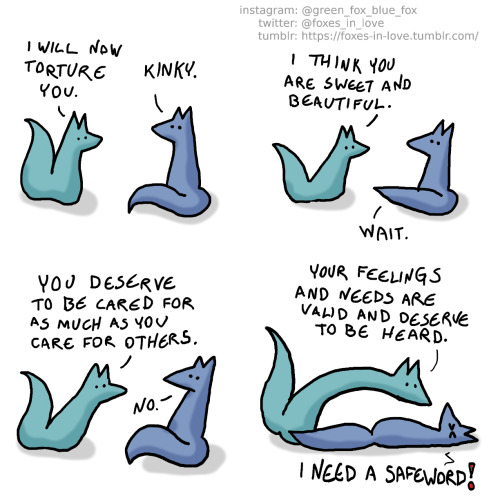
More Posts from Q587p and Others








Lovers of Valdero // Lovers of Hasanlu // Bronze Age Scythian Couple // Sarcophagus of the Spouses // Etruscan Sarcophagi // Roman Sarcophagus // Ilka Scarneo Monument // A Memorial to Marriage, Patricia Cronin
Бачив нещодавно веселе:


лишу це туть
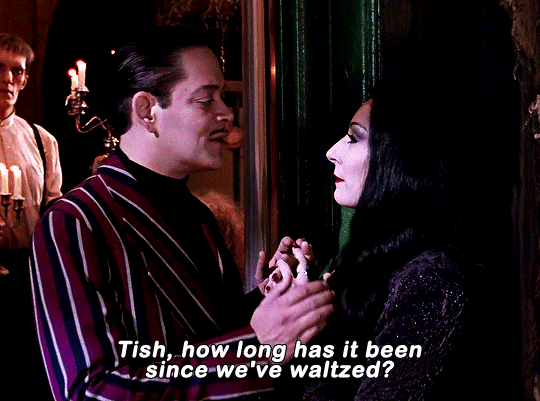




The Addams Family (1991) dir. Barry Sonnenfeld




most inspirational little book from all inspirational little books I've ever read – 'Art Matters' by Neil Gaiman and Chris Riddell. this little book contains four essays, my favorite is 'Make Good Art' it's really awesome.
'When you start out on a career in the arts you have no idea what you are doing. THIS IS GREAT. People who know what they are doing know the rules, and know what is possible and impossible. YOU DO NOT. AND YOU SHOULD NOT. The rules on what is possible and impossible in the arts were made by people who had not tested the bounds of the possible by going beyond them. AND YOU CAN. If you don't know it's impossible it's easier to do. And because nobody's done it before, they haven't made up rules to stop anyone doing that again. Yet.'
– Neil Gaiman.

Ukrainians wait for the Declaration of Independence to be pronounced near the Supreme Council building in Kyiv on the 24th of August, 1991
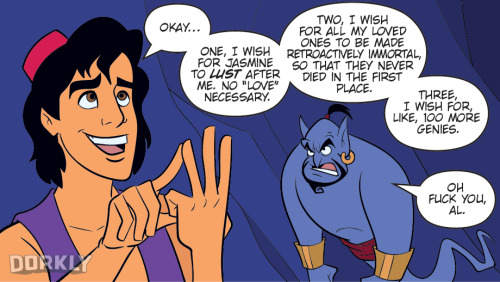
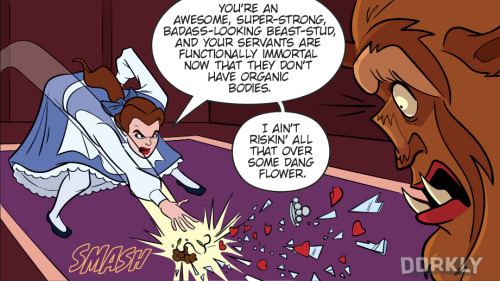
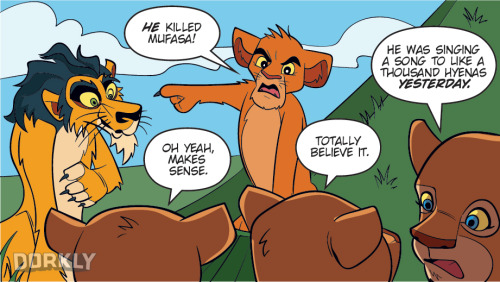
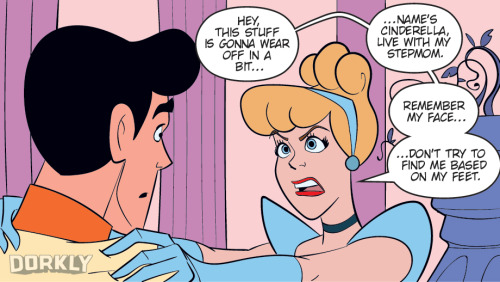
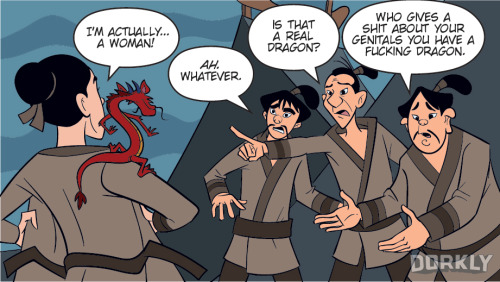
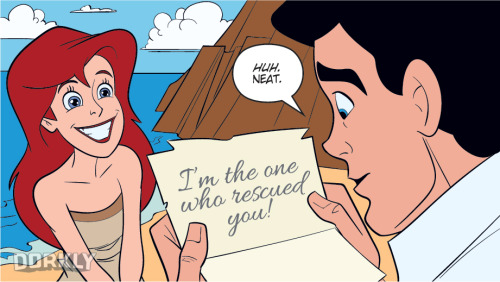
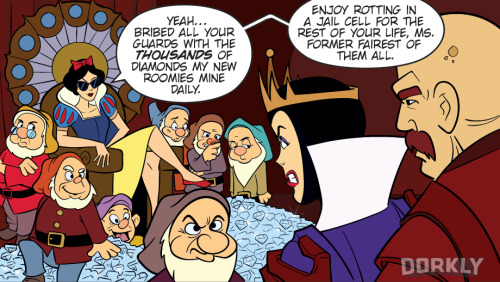
Whenever Americans use Cryillic like. That. I just. Instantly shrivel up an cry
Constellations and the Calendar
Did you recently hear that NASA changed the zodiac signs? Nope, we definitely didn’t…
…Here at NASA, we study astronomy, not astrology. We didn’t change any zodiac signs, we just did the math. Here are the details:
First Things First: Astrology is not Astronomy…
Astronomy is the scientific study of everything in outer space. Astronomers and other scientists know that stars many light-years away have no effect on the ordinary activities of humans on Earth.
Astrology, meanwhile, is something else. It’s the belief that the positions of stars and planets can influence human events. It’s not considered a science.

Some curious symbols ring the outside of the Star Finder. These symbols stand for some of the constellations in the zodiac. What is the zodiac and what is special about these constellations?

Imagine a straight line drawn from Earth though the sun and out into space way beyond our solar system where the stars are. Then, picture Earth following its orbit around the sun. This imaginary line would rotate, pointing to different stars throughout one complete trip around the sun – or, one year. All the stars that lie close to the imaginary flat disk swept out by this imaginary line are said to be in the zodiac.

The constellations in the zodiac are simply the constellations that this imaginary straight line points to in its year-long journey.
What are Constellations?
A constellation is group of stars like a dot-to-dot puzzle. If you join the dots—stars, that is—and use lots of imagination, the picture would look like an object, animal, or person. For example, Orion is a group of stars that the Greeks thought looked like a giant hunter with a sword attached to his belt. Other than making a pattern in Earth’s sky, these stars may not be related at all.

Even the closest star is almost unimaginably far away. Because they are so far away, the shapes and positions of the constellations in Earth’s sky change very, very slowly. During one human lifetime, they change hardly at all.
A Long History of Looking to the Stars
The Babylonians lived over 3,000 years ago. They divided the zodiac into 12 equal parts – like cutting a pizza into 12 equal slices. They picked 12 constellations in the zodiac, one for each of the 12 “slices.” So, as Earth orbits the sun, the sun would appear to pass through each of the 12 parts of the zodiac. Since the Babylonians already had a 12-month calendar (based on the phases of the moon), each month got a slice of the zodiac all to itself.

But even according to the Babylonians’ own ancient stories, there were 13 constellations in the zodiac. So they picked one, Ophiuchus, to leave out. Even then, some of the chosen 12 didn’t fit neatly into their assigned slice of the pie and crossed over into the next one.

When the Babylonians first invented the 12 signs of zodiac, a birthday between about July 23 and August 22 meant being born under the constellation Leo. Now, 3,000 years later, the sky has shifted because Earth’s axis (North Pole) doesn’t point in quite the same direction.

The constellations are different sizes and shapes, so the sun spends different lengths of time lined up with each one. The line from Earth through the sun points to Virgo for 45 days, but it points to Scorpius for only 7 days. To make a tidy match with their 12-month calendar, the Babylonians ignored the fact that the sun actually moves through 13 constellations, not 12. Then they assigned each of those 12 constellations equal amounts of time.
So, we didn’t change any zodiac signs…we just did the math.
Make sure to follow us on Tumblr for your regular dose of space: http://nasa.tumblr.com
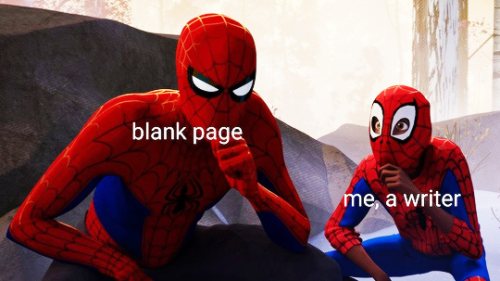
Animal Crossing Fish - Explained #62
Brought to you by a marine biologist who has a pen…and has a pineapple…
CLICK HERE FOR THE AC FISH EXPLAINED MASTERPOST
Tell me if I’m referencing memes that are too old and watch me not care. Anyway, let’s go over the Sea Pineapple, because I bet you don’t know really what it is, and tbh, I didn’t for a second either. But it turns out it is a type of Sea Squirt, and therefore, of all the invertebrates in the game, we, as vertebrates, are most closely related to this thing. I’ll explain in a minute:

We here on Northern Hemisphere islands are able to dive for this thing all day and night, so if you haven’t caught one yet, just give it some time. Then, when you give your first one to Blathers, it’s put into the big coastal tank underneath the coral reef tank and it just…sits there. Which is totally understandable, considering this animal - yes, it’s an animal - lives a sessile life, meaning it attaches to something and stays there. It also filter feeds, so you see its little siphons opening and closing.
The Sea Pineapple is a real animal, Halocynthia roretzi and it’s eaten primarily in Korea and less so in Japan, despite the fact that a lot people say it tastes like not-food. But, hey, humans will eat anything.

So, Sea Pineapples are a kind of Sea Squirt, aka a Tunicate, a soft, squishy that sits on the seafloor and filter feeds. But despite this thing not having a face or an interesting lifestyle, the fact remains we’re more closely related to it than we are to the cooler invertebrates, like insects, worms, or octopuses. They belong in the Phylum Chordata with us, the even-more-interesting vertebrates. Now, I’m gonna try REAL HARD not to go off on a nerd-tastic tangent, but this is one of my favorite topics - chordate phylogeny.
So, what’s a Chordate? It is not synonymous with “vertebrate” although lots of us in the phylum are vertebrates. All animals in this phylum have 5 very distinct features that no other group has, either during our whole lives or part of our lives (that includes larval or embryonic stages). They are:
A post-anal tail, meaning our bodies extend past our anus.
We have a notochord, aka what my professor called “the stiffening rod of the body”. In humans, this is our spine.
A dorsal neural tube that, in us vertebrates, is the spinal cord, the main communication highway of the nervous system.
An endostyle/thyroid gland.
Pharyngeal slits, which often become gills in adult stages of chordates.
Although the Sea Pineapple doesn’t look like it has any of these features, its larvae do, which puts them in the same phylum as us vertebrates. Wild, huh?And this list of features puts us together with some weird stuff, the weirdest has to be tunicates, as shown by this phylogenetic tree:

^From this site. This should look kind of familiar since a stylized one is on the floor of the fossil section of the museum. I’ll do a special fish-explained to talk about that and how to read one of these. But basically, every node, or intersection of the branches represents the last common ancestor of the groups at the end of the branches. Once you can read these, you start to find out some very interesting, and mind-blowing facts, like, we’re all just derived fish and that birds evolved from dinosaurs and whales are most closely related with hoofed mammals and we’re related to boring tunicates instead of cooler things, like horseshoe crabs.
And there you have it. Fascinating stuff, no?
-
 maribelle-yk liked this · 1 week ago
maribelle-yk liked this · 1 week ago -
 leafandluke liked this · 2 weeks ago
leafandluke liked this · 2 weeks ago -
 empreslinbeifong liked this · 3 weeks ago
empreslinbeifong liked this · 3 weeks ago -
 slientpantomime liked this · 3 weeks ago
slientpantomime liked this · 3 weeks ago -
 nerdiestalpaca liked this · 1 month ago
nerdiestalpaca liked this · 1 month ago -
 tofkahoney liked this · 1 month ago
tofkahoney liked this · 1 month ago -
 lostloveart7 liked this · 1 month ago
lostloveart7 liked this · 1 month ago -
 fingersandshins liked this · 1 month ago
fingersandshins liked this · 1 month ago -
 redeemer46 liked this · 1 month ago
redeemer46 liked this · 1 month ago -
 forest-falcon liked this · 1 month ago
forest-falcon liked this · 1 month ago -
 ashleighpflum liked this · 1 month ago
ashleighpflum liked this · 1 month ago -
 pitstoptaken liked this · 1 month ago
pitstoptaken liked this · 1 month ago -
 orion-starbelt liked this · 1 month ago
orion-starbelt liked this · 1 month ago -
 blossomleo liked this · 1 month ago
blossomleo liked this · 1 month ago -
 tea-puf liked this · 2 months ago
tea-puf liked this · 2 months ago -
 spartanburger liked this · 2 months ago
spartanburger liked this · 2 months ago -
 headlessraven liked this · 2 months ago
headlessraven liked this · 2 months ago -
 etherealantagonist reblogged this · 2 months ago
etherealantagonist reblogged this · 2 months ago -
 shadow-daughter reblogged this · 2 months ago
shadow-daughter reblogged this · 2 months ago -
 marz-planet liked this · 2 months ago
marz-planet liked this · 2 months ago -
 mira-jadeamethyst reblogged this · 2 months ago
mira-jadeamethyst reblogged this · 2 months ago -
 mira-jadeamethyst liked this · 2 months ago
mira-jadeamethyst liked this · 2 months ago -
 patheticpat reblogged this · 2 months ago
patheticpat reblogged this · 2 months ago -
 abyssal-author-and-artist reblogged this · 2 months ago
abyssal-author-and-artist reblogged this · 2 months ago -
 squidcada78 liked this · 2 months ago
squidcada78 liked this · 2 months ago -
 hyperfixationjump liked this · 2 months ago
hyperfixationjump liked this · 2 months ago -
 honestlymysticdonut reblogged this · 3 months ago
honestlymysticdonut reblogged this · 3 months ago -
 elderspawnling liked this · 3 months ago
elderspawnling liked this · 3 months ago -
 rosemary2005 liked this · 3 months ago
rosemary2005 liked this · 3 months ago -
 drakmanka liked this · 3 months ago
drakmanka liked this · 3 months ago -
 bicpenenthusiast liked this · 3 months ago
bicpenenthusiast liked this · 3 months ago -
 randompanontheinternet liked this · 3 months ago
randompanontheinternet liked this · 3 months ago -
 severebanditcreatorfarm liked this · 3 months ago
severebanditcreatorfarm liked this · 3 months ago -
 theshakespearetrash liked this · 3 months ago
theshakespearetrash liked this · 3 months ago -
 pinklightning90 liked this · 3 months ago
pinklightning90 liked this · 3 months ago -
 oasisdawn liked this · 3 months ago
oasisdawn liked this · 3 months ago -
 coreene reblogged this · 3 months ago
coreene reblogged this · 3 months ago -
 therewerenoturtles liked this · 4 months ago
therewerenoturtles liked this · 4 months ago -
 faejilly liked this · 4 months ago
faejilly liked this · 4 months ago -
 demonwrestler reblogged this · 4 months ago
demonwrestler reblogged this · 4 months ago -
 demonwrestler liked this · 4 months ago
demonwrestler liked this · 4 months ago -
 silver-trumpets liked this · 4 months ago
silver-trumpets liked this · 4 months ago -
 carcharsdeservebetter liked this · 4 months ago
carcharsdeservebetter liked this · 4 months ago -
 huacheng834 liked this · 4 months ago
huacheng834 liked this · 4 months ago -
 champion-of-thedas liked this · 4 months ago
champion-of-thedas liked this · 4 months ago -
 moon-kid liked this · 4 months ago
moon-kid liked this · 4 months ago -
 justcallmebc liked this · 4 months ago
justcallmebc liked this · 4 months ago -
 spuercrazycat16 liked this · 4 months ago
spuercrazycat16 liked this · 4 months ago -
 unimportantbeing liked this · 4 months ago
unimportantbeing liked this · 4 months ago -
 tired-and-expired liked this · 4 months ago
tired-and-expired liked this · 4 months ago